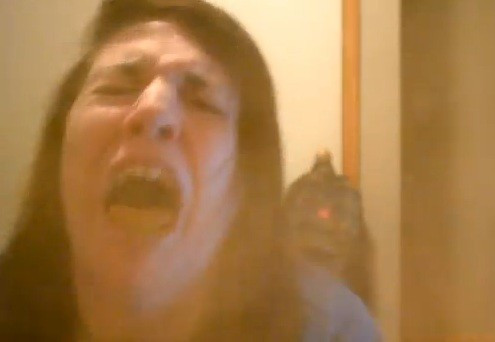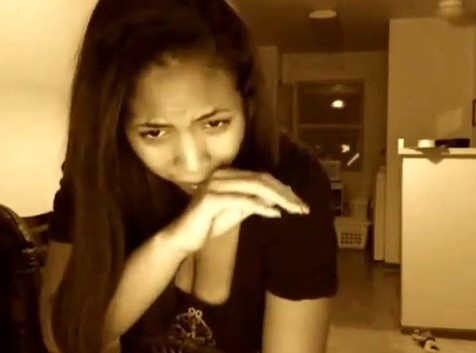US Teens Warned Against Potentially Lethal Cinnamon Challenge

Teens in the US have been warned against trying the cinnamon challenge - where people eat a spoon of the ground spice in 60 seconds without water.
The challenge is becoming increasingly popular, with more young people uploading videos of themselves trying to eat the cinnamon unsuccessfully.
Thousands of YouTube videos show children spitting out the cinnamon and laughing hysterically - at present there are almost 800,000 videos of the potentially lethal trick.
Doctors have warned the challenge can lead to serious health risks. Cinnamon is a caustic spice, meaning it is corrosive, so trying to eat it can result in choking, throat, irritation, breathing problems and collapsed lungs.
According to the journal Paediatrics, 30 teens needed medical attention after doing the cinnamon challenge last year.
The American Association of Poison Control Centres also warned that more young people are trying the prank - The number of calls to the poison control centre for the cinnamon challenge rose from 51 in 2011 to 222 in 2012.

Cinnamon is made from tree bark and contains cellulose fibres that are difficult to break down. If it gets into the lungs, it can cause permanent scarring.
One person who had to be hospitalised after undertaking the cinnamon challenge was Dejah Reed, 16, who said she tried to eat cinnamon four times.
On the last time, she accidentally inhaled it while laughing and ended up with a collapsed lung.
Her father arrived home to find her "a pale bluish colour". She spent four days in hospital and now has to use an inhaler every time she gets out of breath from running or speaking too quickly.
Reed has now set up the website No Cinnamon Challenge to warn others about the dangers of eating cinnamon in this way.
The authors of the report added: "Given the allure of social media, peer pressure, and a trendy new fad, paediatricians and parents have a 'challenge' of their own in counselling tweens and teens regarding the sensibilities of the choices they make and the potential health risks of this dare."
© Copyright IBTimes 2025. All rights reserved.




















